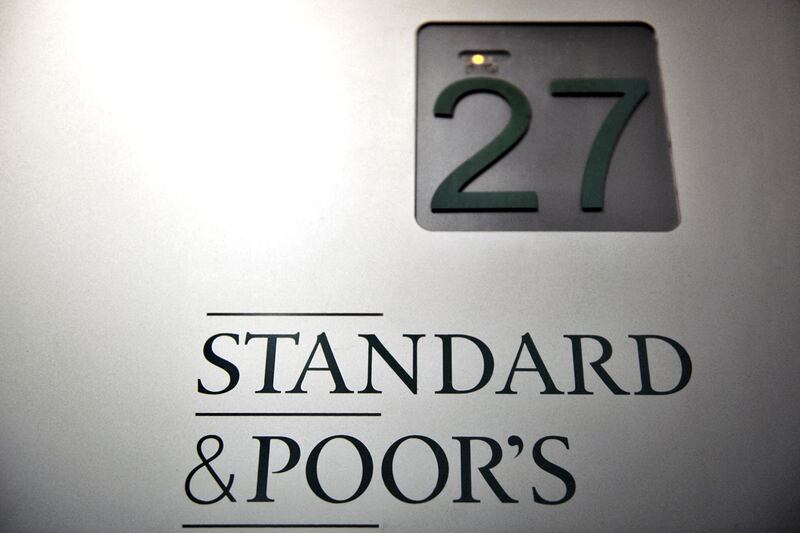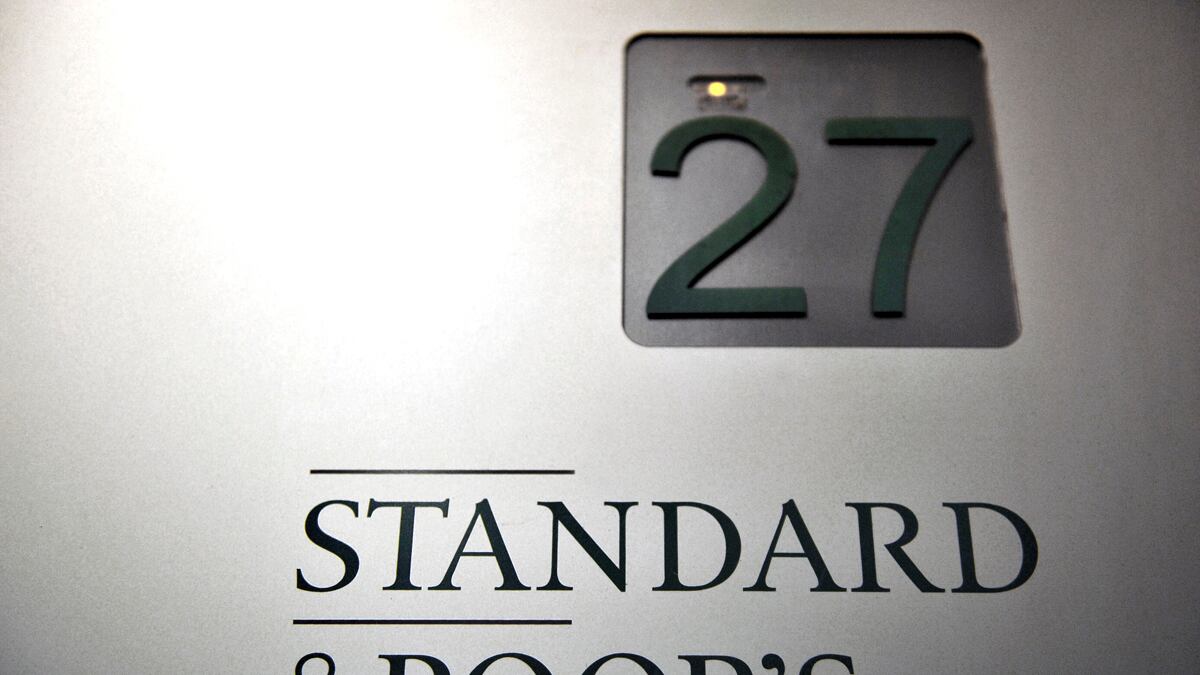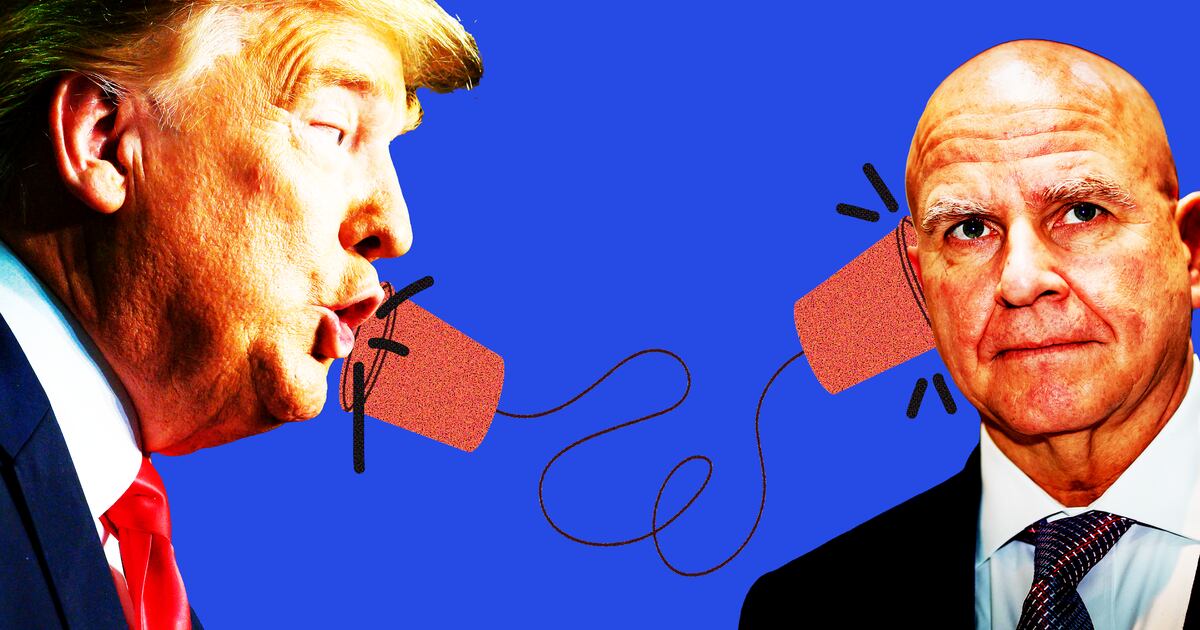As soon as the ugly debacle over raising America's debt limit ended, both political parties had an opportunity to put the rancor behind them. Focus on jobs. Get back in touch with constituents at a town hall. Talk about clean energy or domestic oil production.
There were lots of good options for sowing good will to an angry electorate and signaling a return to some form of political normalcy. But neither side could resist the temptation to just keep fighting.

The ink on a compromise deal to trim $2.4 trillion from the deficit and raise the government borrowing limit was barely dry when both sides made clear they were digging in for a new fight over exactly how to implement the plan. Republicans declared they won't allow tax increases; Democrats demanded that expensive entitlements be off the table. President Barack Obama lamented all the partisan sniping, even at his 50th birthday bash.
It didn't take long for financial analysts to see a new train wreck emerging, one that threatened to erase whatever progress was made in the debt deal. They had been given ample reason in just a few short days to fear the continuation of burdensome red ink and the erosion of global confidence in America.
And so when the already wobbly financial markets closed Friday evening, the financial ratings agency Standard & Poor’s declared it had had enough. And it delivered a swift punishment that just a few short years ago would have seemed unthinkable: it downgraded the country's sterling triple-A long-term borrowing rating by one notch.
The decision seemed to have less to do with actual spending, revenue or debt numbers. In fact, S&P made a $2 trillion error on its deficit estimate, but that still didn't change its mind.
Make no mistake, this punishment was for political bad behavior. The official downgrade even suggested America suffered from “weakened” political institutions, an unmistakable swipe at the White House and Congress
“We lowered our long-term rating on the U.S. because we believe that the prolonged controversy over raising the statutory debt ceiling and the related fiscal policy debate indicate that further near-term progress containing the growth in public spending, especially on entitlements, or on reaching an agreement on raising revenues is less likely than we previously assumed and will remain a contentious and fitful process,” S&P declared.
In technical terms, the downgrade won't have that much bearing. Regulators immediately issued statements saying it wouldn't affect the risk-based capital that banks need to keep on hand. Interest rates might rise a bit, and the government will have to pay more for its borrowing. But the rest of the world still seems weaker than America, which is why investors were flocking to the U.S. dollar this week and away from Europe and Japan.
The psychological and political ramifications, however, will be more poignant. Americans are proud in their hard-earned achievements. So squandering away decades of a sterling credit rating over a “contentious and fitful process” will seem petty.
Investors, who were already fleeing stocks last week on the fears of a weakening economy, could very well be spooked anew, triggering a new selloff when the markets open on Monday. They'll now have doubts about whether this generation of leaders can eliminate red ink in a sound way, let alone find a way to jump-start job creation.
Obama had hoped to put the debt crisis behind him for a few months—until a super committee of Congress gets to work in the fall—and to change the subject instead to job creation. But now he'll be forced to talk about this stain on the great American resume.
Lawmakers are going to get their bitter dessert, too. They're just heading home for summer recess to face constituents who hold this Congress in the lowest regard of any in history. With approval ratings already below 20 percent, lawmakers probably can't lose much more politically. And since there are 435 of them, the blame is likely to stick more to the institution than its individual members.
The same can't be said for the president. When he ran three years ago, Obama promised to break the gridlock gripping Washington and to pull the nation from recession by creating jobs. He hasn't been able to deliver either thus far. And stubborn Republicans have made it hard to even try.
America is a buck-stops-here nation. So Obama can expect to feel the pain and scorn for this latest mishap, one that could linger well into the 2012 election.
The real question is whether anyone in America's leadership will really be driven to change the dynamic. The instant reaction in the hours after S&P's announcement suggests they won't.
The Treasury Department decided to taunt S&P for its math error and call its judgment “flawed.” Congressional Republicans issued statements suggesting hey had won. “I hope this will convince Democrats in Congress to stop spending,” Rep. Kevin Brady, R-Texas, said.
Senate Majority Leader Harry Reid insisted the decision proved that the Democrats “balanced” approach to deficit reduction was the way to go. And one company decided to start issuing “Downgrade Obama” bumper stickers.
It seems like the intended message has gotten lost almost immediately: financial experts, voters and every day Americans really just want the taunting and gridlock and ideological rigor to stop and for the people's business to finally get done responsibly.






